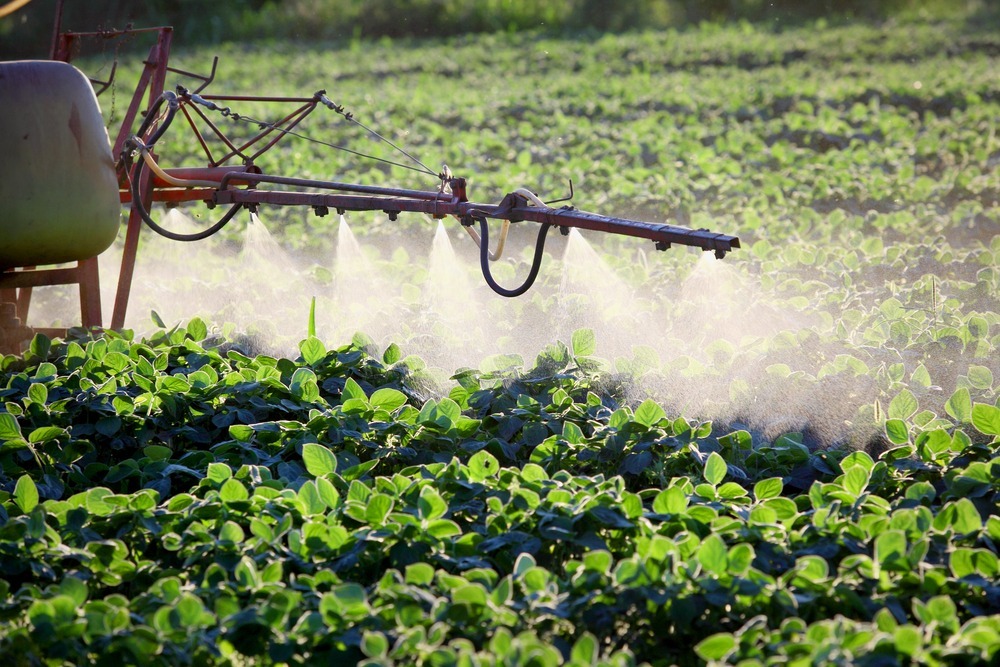Recent research at Cornell University has unveiled a new potential for hemp in the battle against climate change. Led by Larry Smart, a plant breeder and professor at the School of Integrative Plant Science of the College of Agriculture and Life Sciences, the study has revealed that cannabinoids found in hemp could serve as a foundation for natural pesticides. This discovery opens up new sustainable methods for pest control in agriculture.
The Defensive Role of Cannabinoids
For decades, cannabinoids, especially CBD and THC, have been primarily studied for their medical and psychoactive effects. However, recent research at Cornell suggests that these compounds might play a crucial role as “defensive compounds” in plants, protecting them from ultraviolet rays, pathogens, and herbivores.
Larry Smart notes, “It was assumed these were defensive compounds because they are mainly accumulated in female flowers to protect the seeds, which is a fairly common concept in plants.”
Cornell’s hemp breeding program, initiated in 2017, provided a platform for this groundbreaking discovery. Different hemp cultivars were evaluated for their susceptibility to pests, with varieties lacking cannabinoids suffering significant damage from insects. Conversely, varieties containing cannabinoids like CBDA and CBGA experienced much less damage from pests such as the Japanese beetle.
Experimental Perspectives and Future Outlook
Controlled feeding studies in the laboratory isolated CBDA and CBGA, the precursor compounds of CBD and CBG. Researchers observed that as the concentration of cannabinoids increased, the growth rate and survival rate of insect larvae decreased.
George Stack, a postdoctoral researcher involved in the study, emphasizes the importance of these findings: “The study gives us insight into how cannabinoids function in natural systems and could help us develop new THC-compliant hemp cultivars that maintain these natural defenses against herbivores.”
While the potential use of cannabinoids as pesticides is exciting, challenges remain. The study highlights the need for further research to identify the specific pests against which cannabinoids are effective. Regulatory barriers, stemming from the pharmacological effects of these compounds, also present obstacles to their widespread adoption in agriculture.
Future research will aim to explore the impact of cannabinoids on sap-sucking insects like aphids and assess whether other plant species producing cannabinoids share similar insecticidal properties. Researchers are particularly intrigued by the concept of convergent evolution, where the same adaptation appears independently in different species.
This study not only opens new avenues in sustainable agriculture but also positions hemp as a versatile ally in our global effort to combat climate change.








